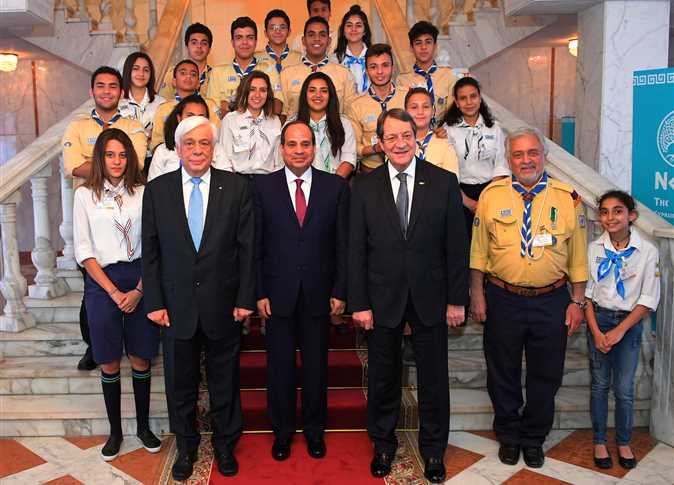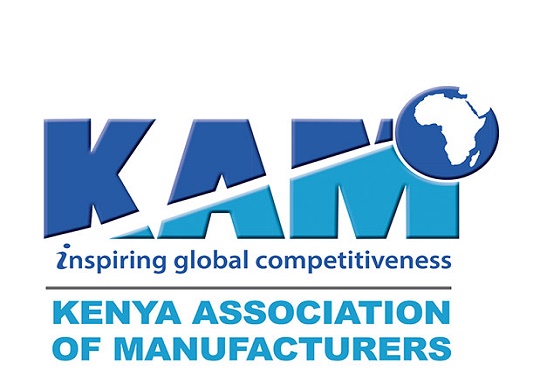COMESA has launched the 50 Million Africa Women Speak project in Seychelles during a two-day stakeholder engagement held at Savoy Hotel. The meeting successfully established a country team, headed by the Ministry of Family Affairs.
The team, which is made of representatives from the Public sector (Departments of Foreign Affairs, Youth, Trade and Entrepreneurship), Private Sector (Chamber of Commerce and Industry) and Associations (Citizens Engagement Platform), will be responsible for the collection and development of content relevant to women entrepreneurs.
Prior to the launch, the COMESA delegation paid a courtesy call to the Minister of Family Affairs Mrs. Mitcy Larue who underscored government commitment towards the successful implementation of the project.
The 50MWS is a three-year project funded by the African Development Bank, jointly implemented by three regional economic communities (RECs) i.e. COMESA, East African Community (EAC) and the Economic Community for Western African States (ECOWAS) in 38 African countries – member countries of the three regional bodies.
The objective of the project is to empower women entrepreneurs by providing access to financial and non-financial information relevant to develop and grow business.
The project will create a networking platform to connect women entrepreneurs and encourage peer-to-peer learning, mentoring as well as information and knowledge sharing.
The platform, which will be accessible on information communication technology (ICT) gadgets including mobile phones, will enable women to access business training, financial services and locally relevant business information, and mentors among other services to support the overall goal of enhanced financial inclusion of women, leading ultimately to increased economic activity in Africa.
Speaking during the official opening, the Principal Secretary of Family Affairs, Mrs. Marie-Josee Bonne highlighted the need for doing some work which contributes towards the empowerment of women.
“Although Seychelles has made progress by implementing policies that create an environment of equal opportunity, there is still room to ensuring that entrepreneurial landscape in our country is one that enables women to be more independent and enterprising.”
She also added that empowering women to create their own networks as well as providing them with the much-needed information has the potential to result in a multiplier effect. “The returns have the capacity to alter the way business is conducted as well as how governments create policies and the shape of employment on the continent”, added Mrs. Bonne.
Speaking at the same meeting, COMESA Director of Gender and Social Affairs and Head of Delegation Mrs. Beatrice Simwapenga Hamusonde underscored that the studies conducted separately by COMESA and African Development Bank (AfDB) revealed gender-specific challenges which are negatively affecting women entrepreneurs to develop or grow their business.
Some of the challenges include: Inadequate skills on business and export management, costing, pricing and packaging; Limited access to trade information and markets; Lack of linkages to finance lending institutions Limited knowledge and capacity to comply with standards and regulations; Lack of opportunities for mentorship and sharing of experiences; Lack of platform dedicated to the information needs of women entrepreneurs; and Limited access to information on investment opportunities.
Mrs. Hamusonde highlighted that the use of Information Communication Technology (ICTs) as an enabler will contribute to lessening some of the challenges affecting women to start or grow their businesses. This, therefore, led to the conceptualizing on the 50 Million African Women Speak Project.
The 50MAWS project is in line with provisions for women empowerment in the COMESA Treaty and Gender Policy; African Union Agenda 2063 and the Sustainable Development Goals (SDGs), especially goal 5: Achieve Gender Equality and Empower all women and girls. It is expected that this platform will impact millions of African women and create jobs for youth from the increased business activities, and capital flow.
Similar stakeholder engagements were conducted in Eswatini, Ethiopia, Djibouti, Madagascar, Malawi, Sudan, Zambia and Zimbabwe.


